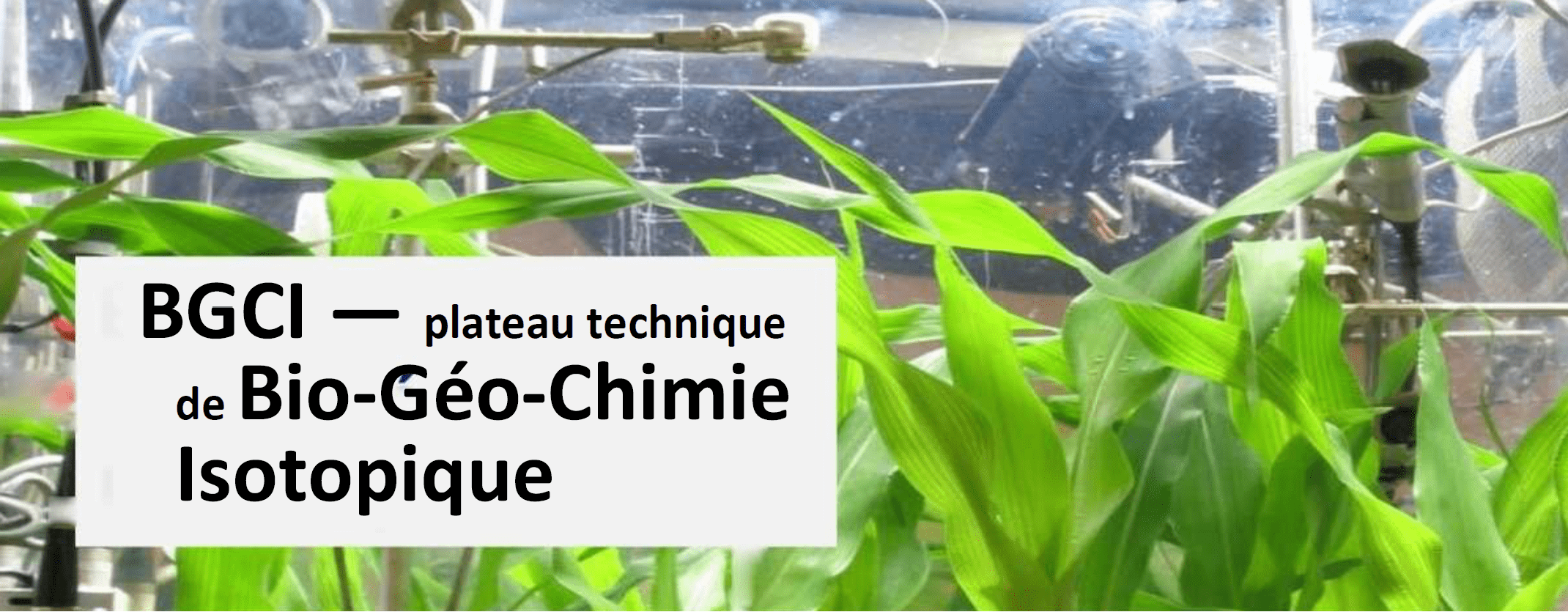
Archives


Installing urine collection systems in sub-Saharan city regions would make those conurbations more sustainable. This was demonstrated by a study by four researchers from CIRAD, IRD, Boubakar Bâ University of Tillaberi (Niger) and Joseph Ki-Zerbo University, Ouagadougou (Burkina Faso), published on 3 May 2023 in the journal Regional Environmental Change.
Lire la suite / Read more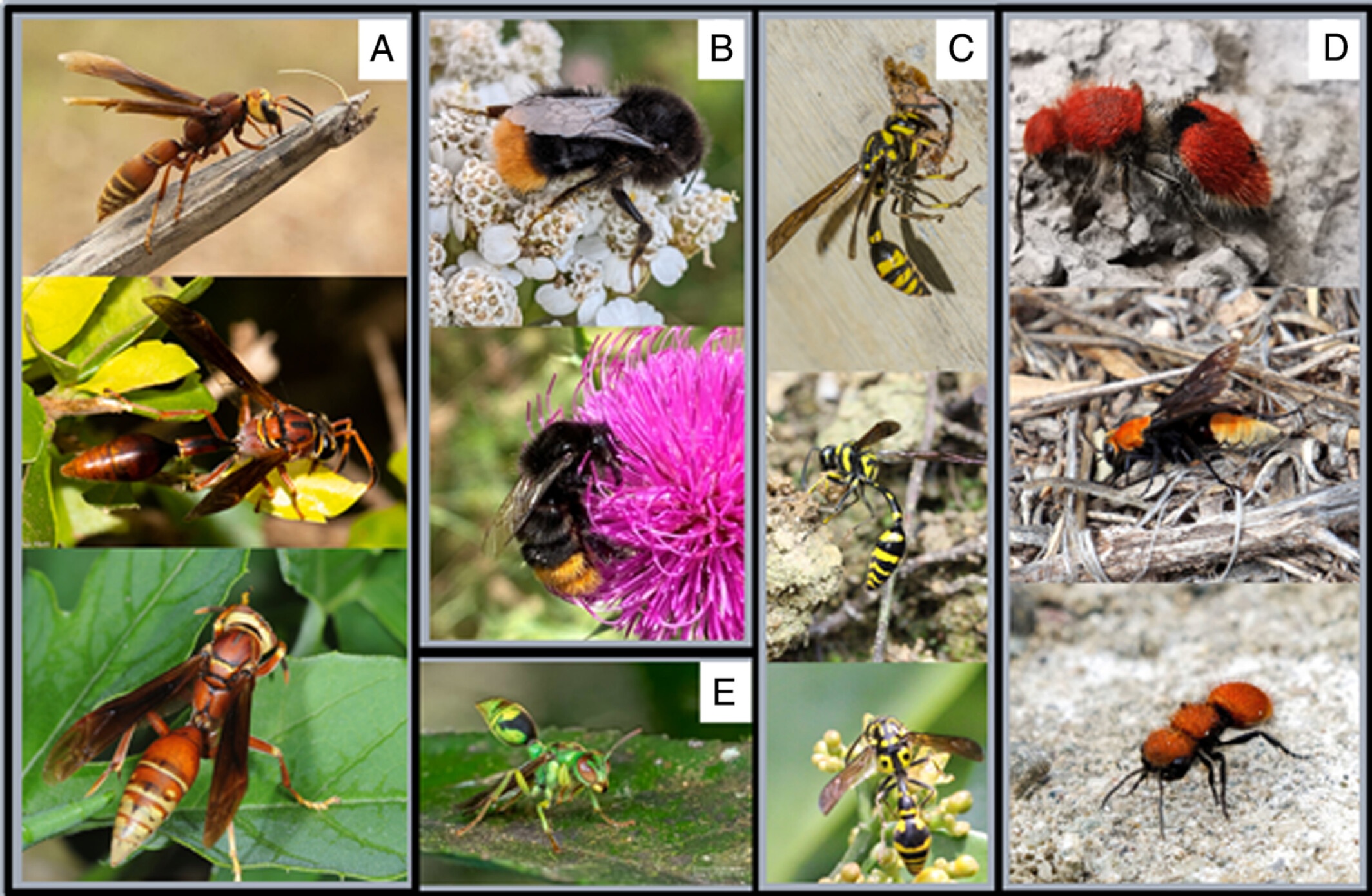
Müllerian mimicry among bees and wasps: a review of current knowledge and future avenues of research
A study in Biological Reviews led by researchers from the Institute of ecology and environmental sciences – Paris, the Institute of Systematics, Evolution, Biodiversity and the Center for Ecology and Conservation Sciences makes the synthesis of published knowledge on Mullerian mimicry in aculeate wasps and bees. It argues that aculeates may be one of the most diverse groups of mimetic organisms and that the diversity of their mimetic interactions is currently underexplored.
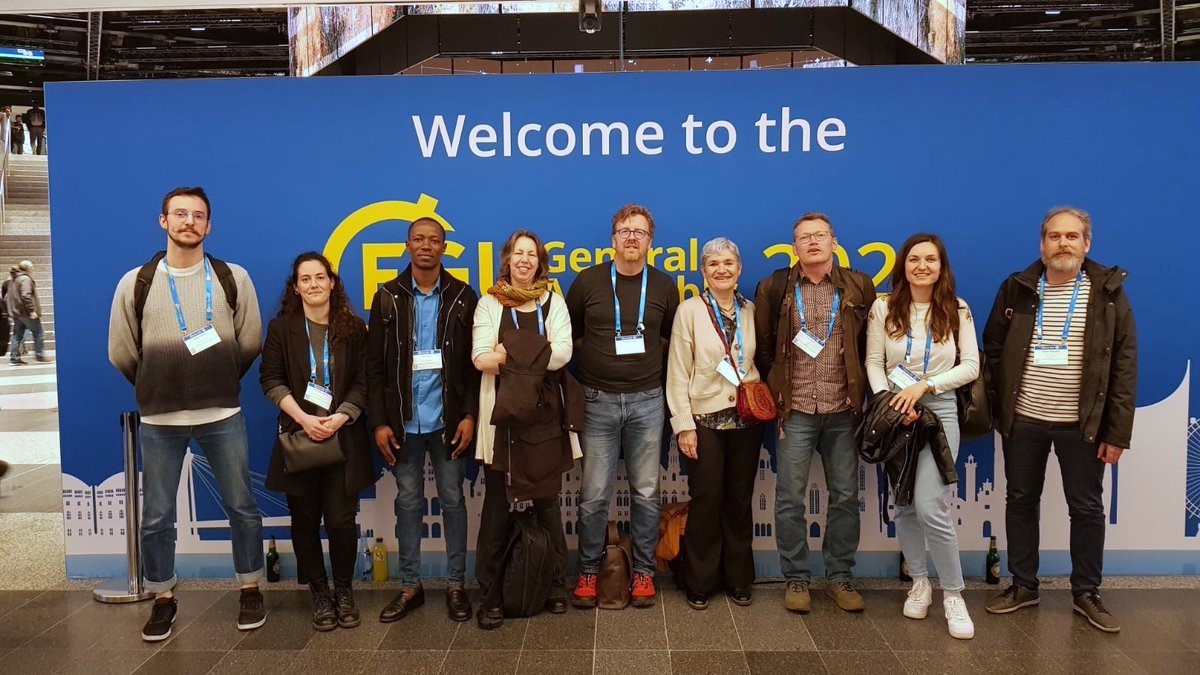
EGU 2023 was held this year in Vienna, Austria from April 23-28. iEES Paris was strongly represented with the participation of 9 of our team members.
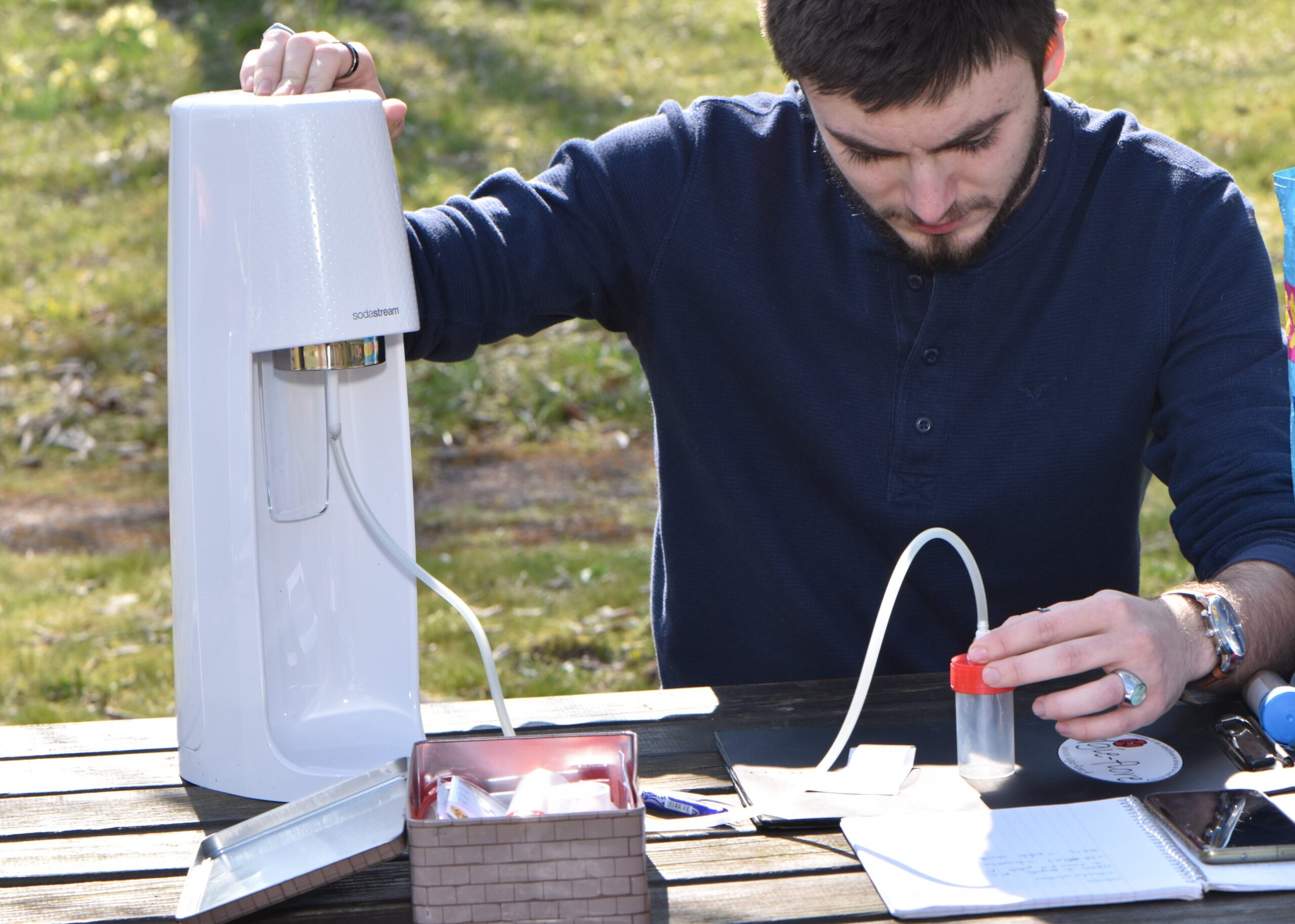
This study reveals the potential of soda machines to anesthetize pollinators. A gentle way to help study flower visitors and develop automated recognition tools by image analysis using artificial intelligence.
Lire la suite / Read more
The bronze medal rewards initial research that has established a researcher as a specialist in their field. This distinction is a form of encouragement to pursue research that is already well underway and proving successful.
Florence Débarre, CNRS researcher at iEES Paris, is one of the 2022 CNRS talents rewarded for her research in evolutionary ecology and epidemiology and its implications for better understanding the evolution of the COVID19 virus.
Lire la suite / Read more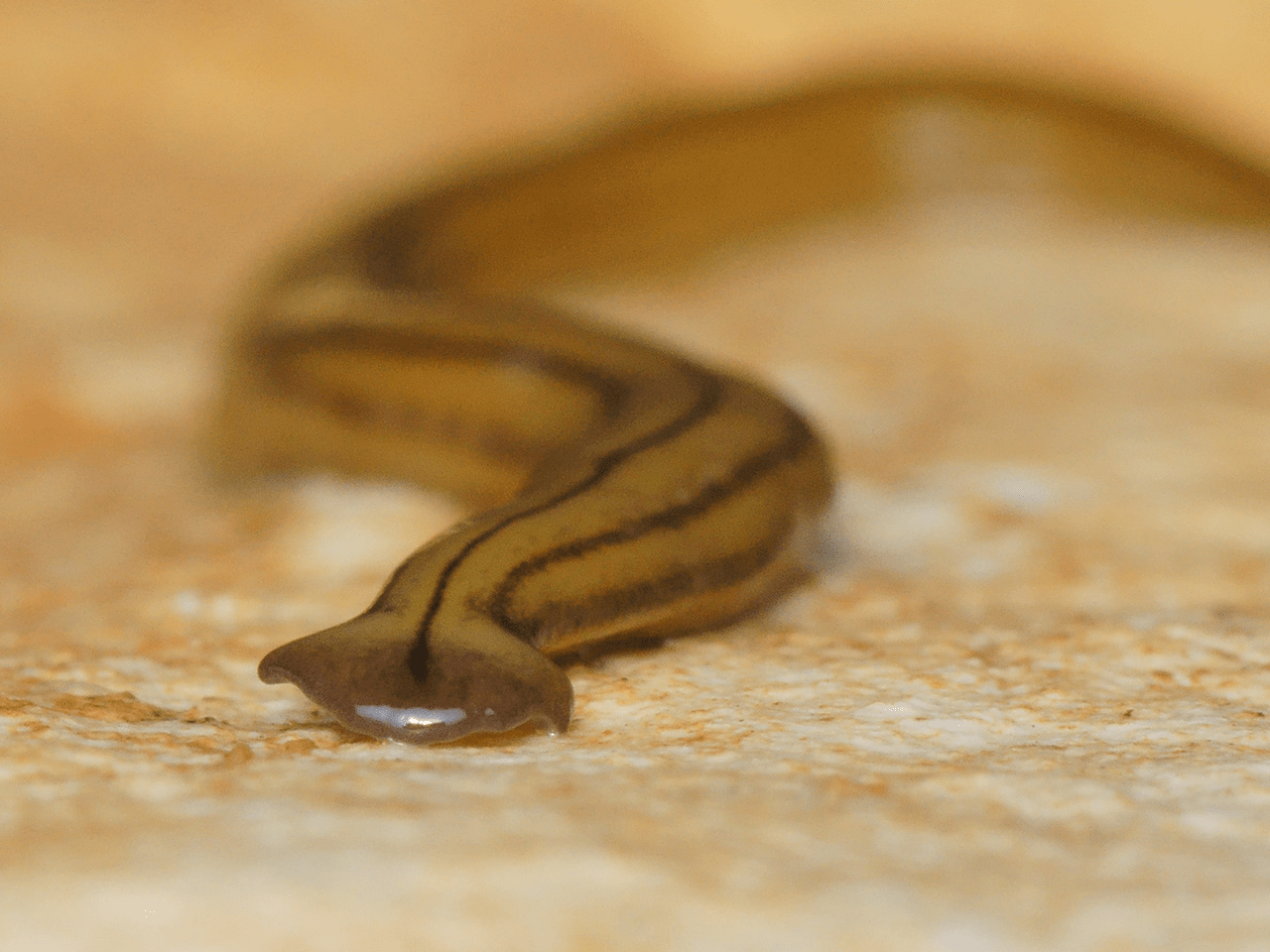
In the the last years, predatory land flatworms have been introduced in many locations because of the trade of exotic plants. In this article published in Diversity and Distributions, a collaboration between iEES Paris, the National Museum of Natural History and James Cook University aimed to model the global invasion risk of these species. It turns out that they have not colonised all regions at risk yet, which demonstrates a need for increased vigilance in these areas.
Lire la suite / Read more
Thanks to its close partnerships with Laotian structures, IRD is providing equipment to the DALaM research centre and to the MouNoy Dev straat-up.

In 2022, IRD is supporting the creation of five new research structures with activities in Laos. These research and training programs have various modes of operation and over a wide range of disciplinary fields (health, ecology, biology, geology, land use planning).
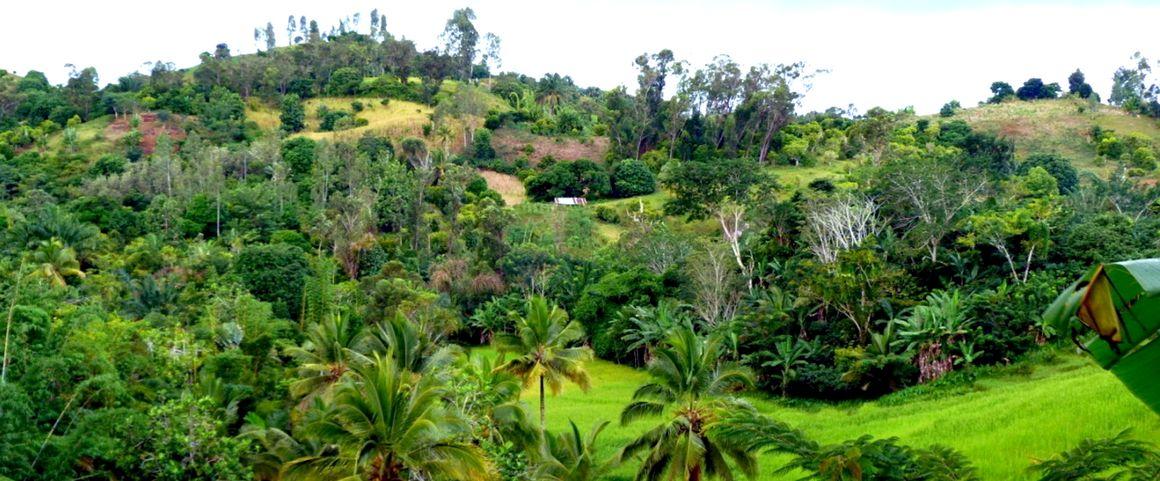
The article, published in Global Change Biology on 18 July 2021, assembles for the first time a substantial body of empirical evidence on the positive impacts of cultivated biodiversity on agroecosystems.
Crop diversification was found to enhance crop production by 14% and associated biodiversity by almost 25%. Water quality was improved by 50%, pest and disease control by over 63% and soil quality by 11%.